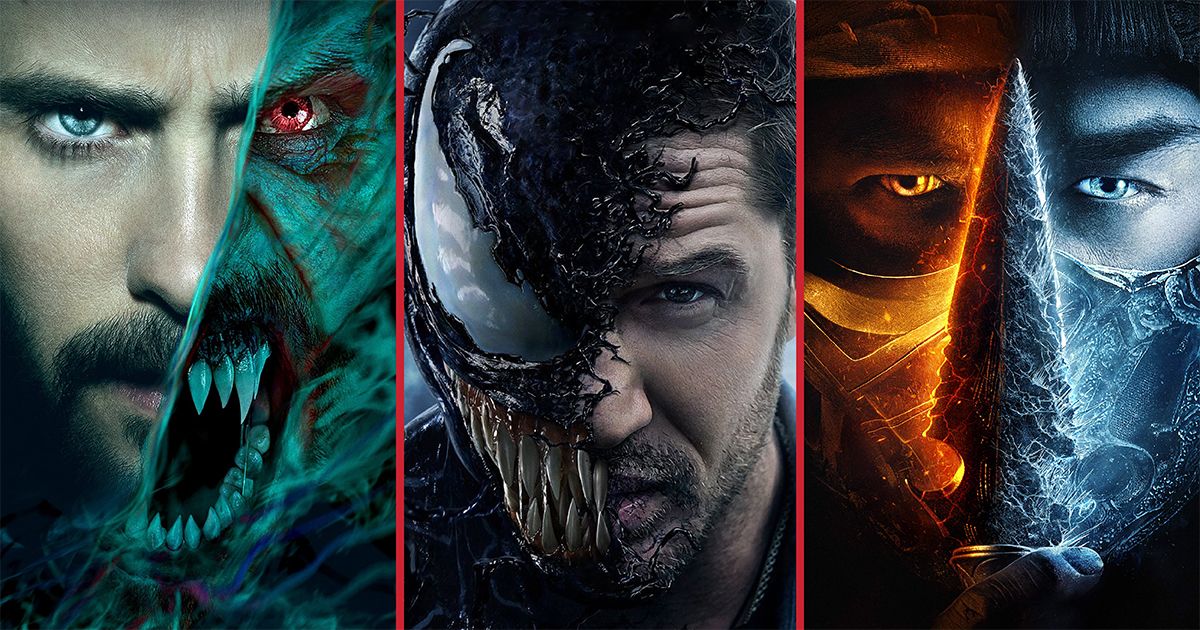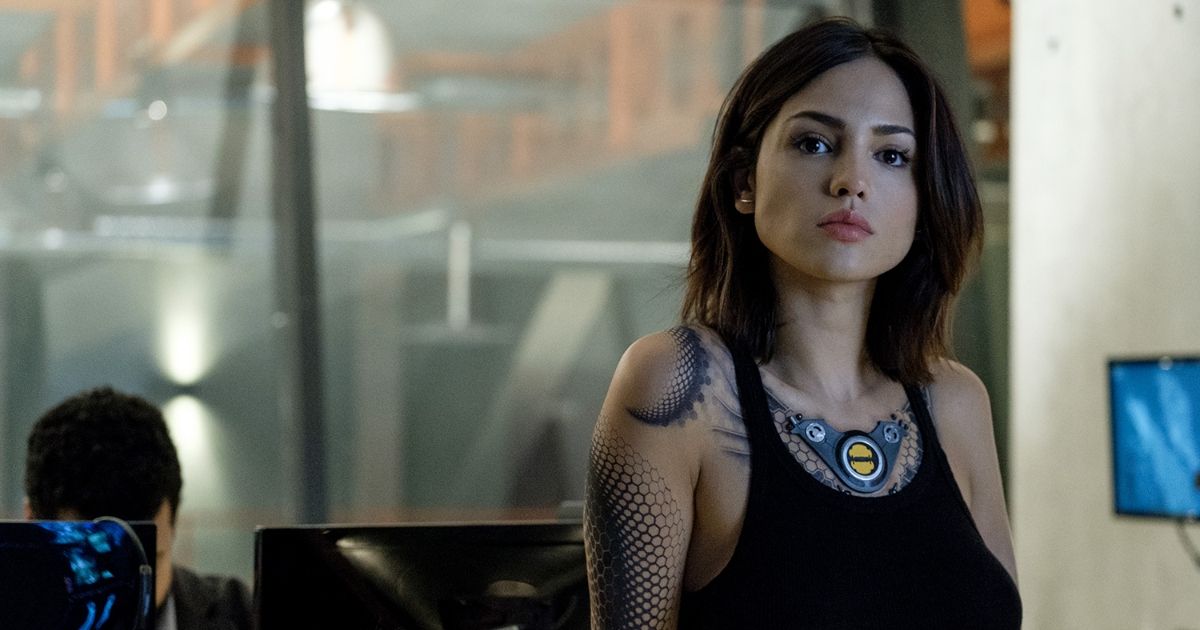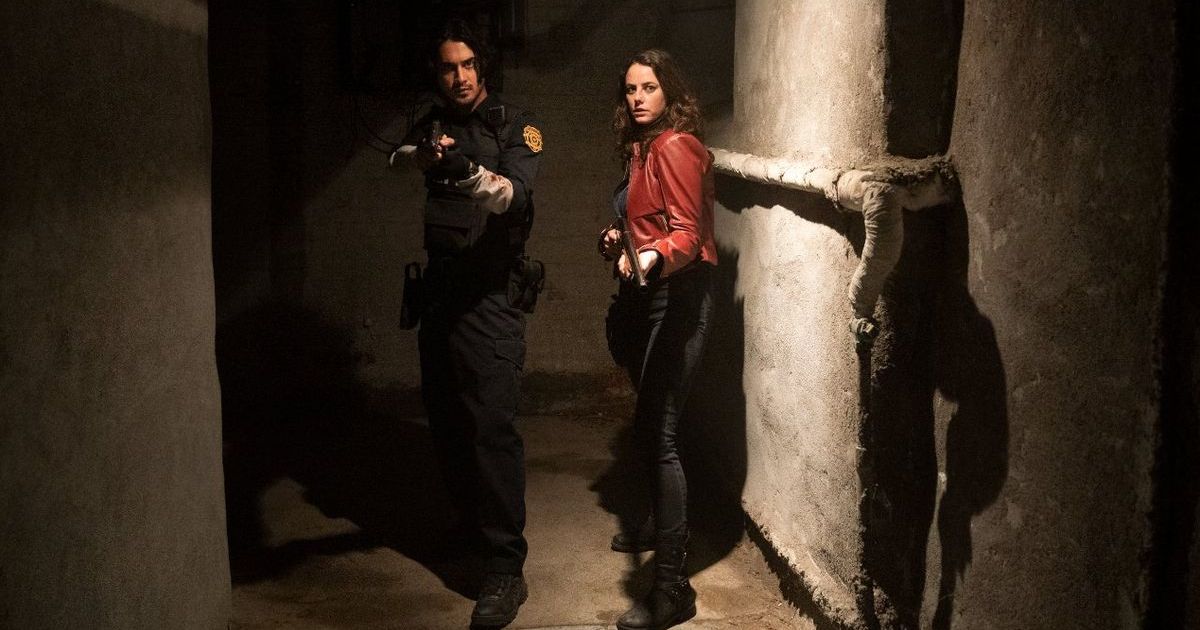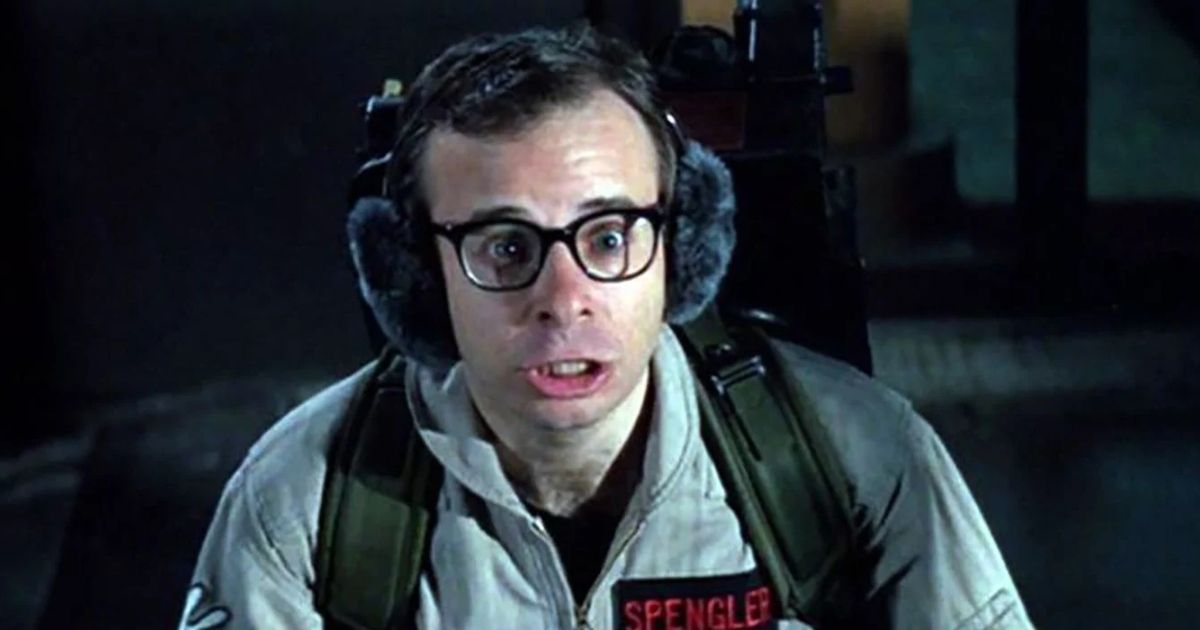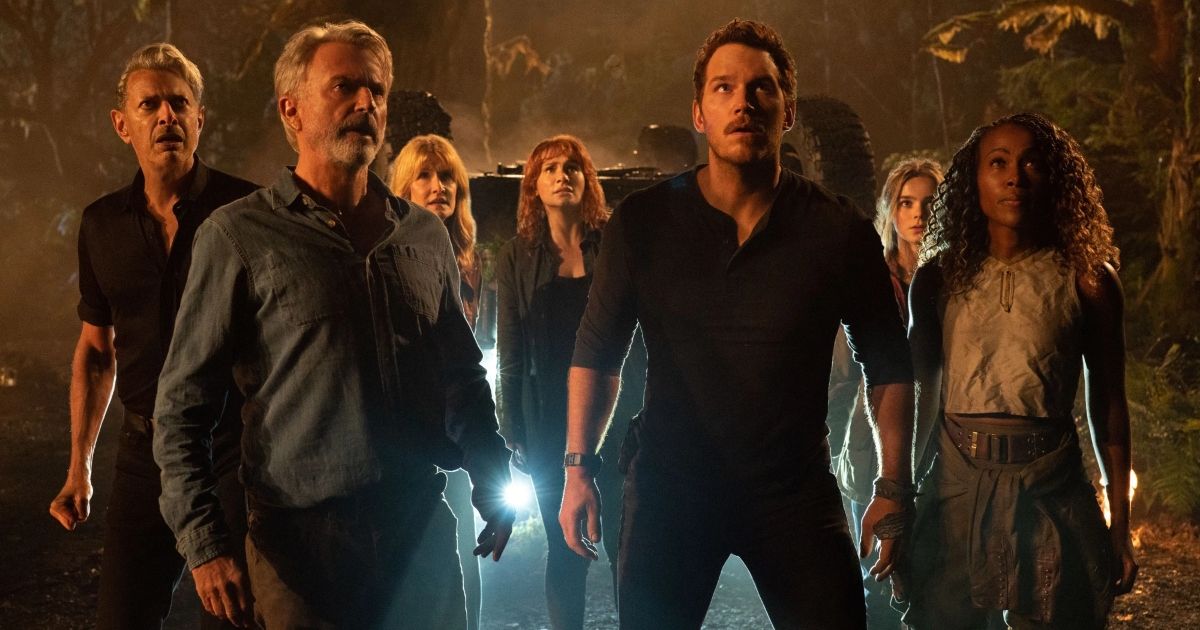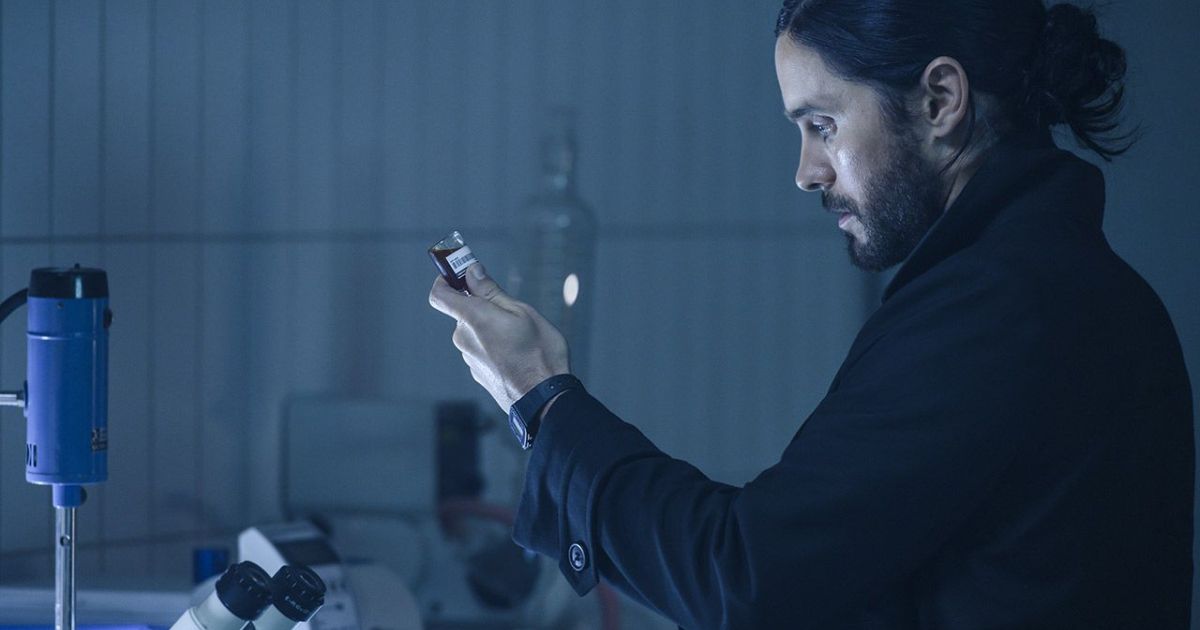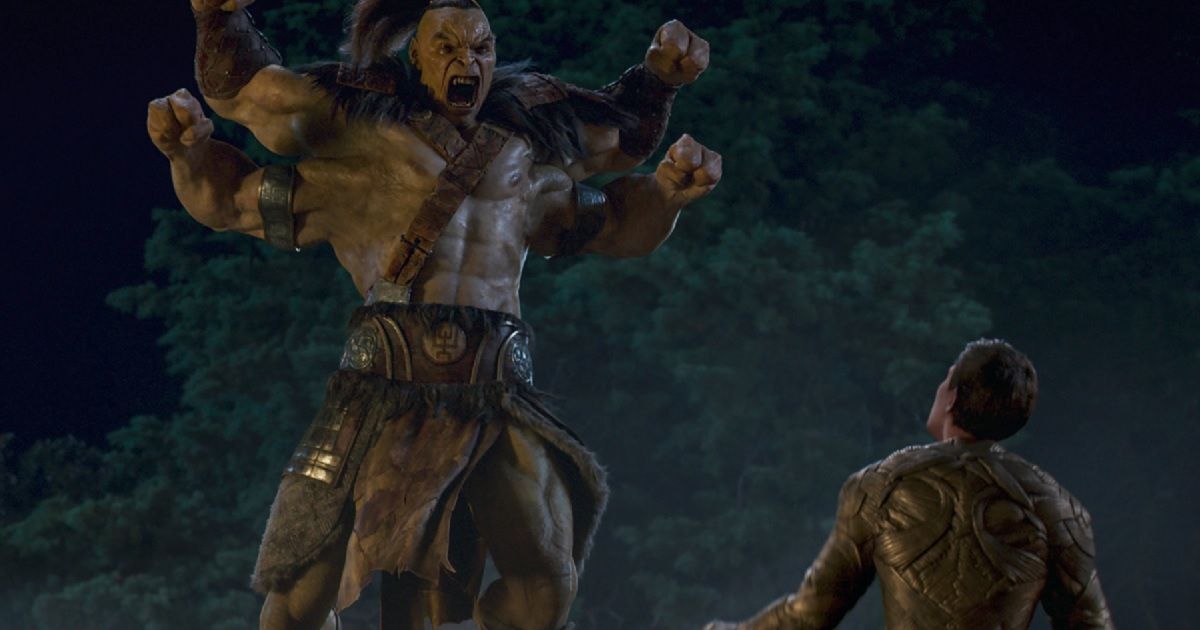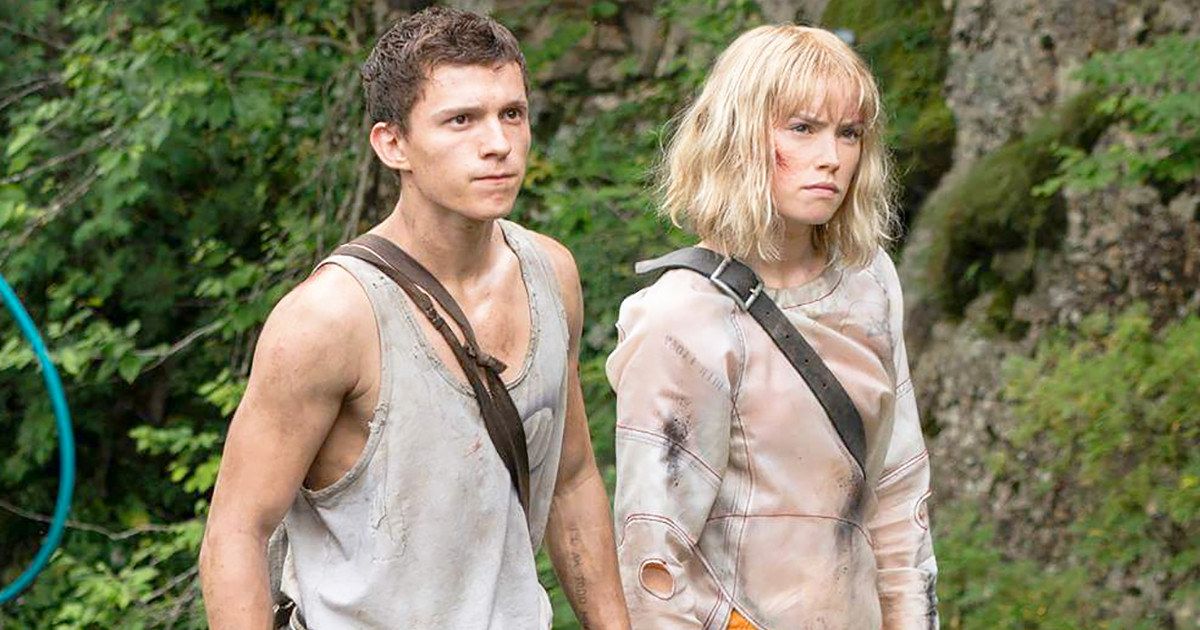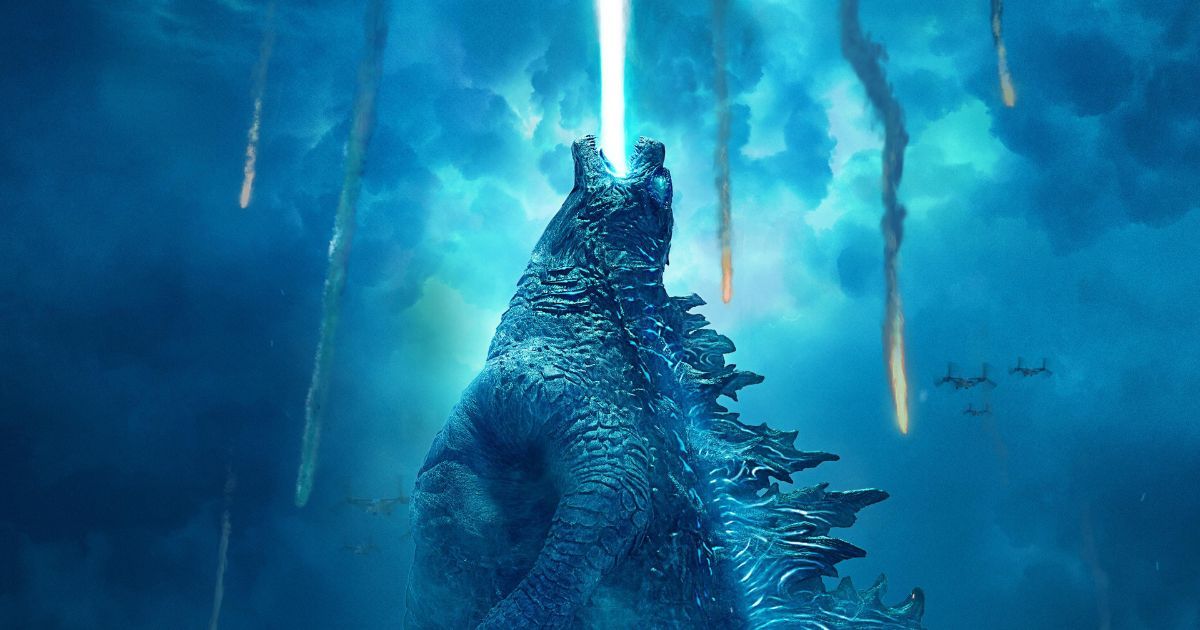The science fiction genre is one that can drive the masses into a frenzied enthusiasm, with plots of highly advanced technology, superheroes, and space warfare remaining prevalent throughout the genre and its many subgenres. But sometimes, audiences and critics are not always in sync in determining whether a film is a success or an abysmal failure.
Here, we are going to look at ten sci-fi films that stirred some discourse between the two parties, leading to some debate as to where the films fall in the tiers of science fiction garbage or science fiction gold. Sometimes these debates can be fun and help to determine an iconic franchise or a cult classic.
Venom (2018)
While the Spider-Man franchise was taking off thanks to Sony’s partnership with Marvel, Sony desired to create a self-contained cinematic universe, making use of all the intellectual property included in the Spider-Man deal they had made back in 1999. When Venom (2018) was released in theaters, it made over $800 million and had comic fans prepared for the next steps in the burgeoning franchise.
Many critics pointed to the lack of focus from director Ruben Fleischer, as well as some comparing the film to The Mummy (2017), regarding both being terrible starts to prospective franchisees. Although the critical difference between those films is that Venom gained enough positive attention from the fans that a sequel was released, as well as more films planned to take part in the same universe.
Bloodshot (2020)
While the box office results for Bloodshot (2020) would lead one to believe the film was a total failure, one has to take into account the impact the COVID-19 pandemic had on the business of theaters. When the film hit streaming and digital rental services, many fans were taken in by the high-paced action of this Vin Diesel-led epic.
Unfortunately, critics don’t tend to enjoy these kinds of films the same as the audience. Rotten Tomatoes critic consensus would state that “Bloodshot gives Vin Diesel a solid opportunity to indulge in old-school action that should satisfy fans, even if the end result is disappointingly mediocre.” This is a bit of an odd statement, recognizing that the film is going to be popular but insulting its quality in the same sentence.
Resident Evil: Welcome to Raccoon City (2021)
Resident Evil: Welcome to Raccoon City (2021) would see the tales of Leon (Avan Jogia), Claire (Kaya Scodelario), Chris (Robbie Amell), and Jill (Hannah John-Kamen) attempting to survive the wave of infected that is causing mayhem in the city. This new entry in the multimedia franchise had a built-in audience of fans that were clamoring for a faithful adaptation of the iconic video game franchise.
While the box office did okay, critics were harsh on the film. With some allowing some credit to be attained by remaining more faithful to the source material than the Paul W. S. Anderson films, many remarks were made against the quality of the characters and questions of whether the franchise could genuinely make it to the big screen without significant revisions.
Ghostbusters II (1989)
There was plenty of hype surrounding the sequel to the hit comedic science fiction film. Ghostbusters II (1989) initially failed to live up to the expectations, though, in the years since its release, the film has earned recognition for being a critical piece in the history of a popular franchise. There are some who cite the infamous “Auld Lang Syne” scene as carrying more weight in a post-9/11 world than it did when it was initially filmed.
Nevertheless, the film is still criticized as being a product of lazy writing, simply retreading the plot progression of the first film with minor tweaks. Many cited the lack of screen time for Dana Barrett (Sigourney Weaver) as a significant concern, considering Dana’s child was in constant danger. Despite this, Dana would be relegated to minor appearances, only being used to set up the plot and waiting for Peter Venkman (Bill Murray) and his friends to save the day once again.
Jurassic World: Dominion (2022)
The latest entry in the prehistoric franchise, Jurassic World: Dominion (2022), continued to ride the wave of fan enthusiasm, becoming one of the best box office-grossing movies of 2022. This film would earn over $1 billion and leave its mark on fans as a potential capstone to a second trilogy within the franchise, though critics share one common complaint.
That this film will never live up to the standard set by the original product. Though many would give the movie the benefit that it was the best of the “World” trilogy, they would state that being the best of three critically maligned films is nothing to brag about. Common complaints would include the four-year time jump, which sidestepped the anticipated fallout of the previous film’s ending, as well as the misuse of legacy characters such as Dr. Ian Malcolm (Jeff Goldblum).
Morbius (2022)
Another entry in Sony’s attempt at crafting their own cinematic universe, Morbius (2022), would attract audiences more for the questions of whether the film would succeed in any way, shape, or form. Concerns from the film’s delayed release, as well as the fact that lead actor Jared Leto was coming off of a terribly received performance as the Joker in Suicide Squad (2016), led many to question what the quality of this film would be.
And as critics will attest, audiences were wise to be cautious. Citing the tacky plot and opining that Sony didn’t seem to understand how to properly pull off the “mid-credits scene,” a staple of the superhero subgenre, this film would be met with multiple nominations for Golden Raspberries, an awards show recognizing the worst movies of the year. Despite the film’s lack of quality, there would soon be a cult following that praised the film not for its intense action and horrifying look at humanity but for the campiness and unintentionally humorous dialogue. The meme culture growing from this following would even see the film getting a brief re-release in theaters.
Mortal Kombat (2021)
Fans were clamoring for a reboot in the acclaimed fighting franchise after the universally hated Mortal Kombat: Annihilation (1997) left audiences in disgust at what Hollywood had made of their beloved video game franchise. This time, the studio made sure to pay respect to other source material, including the iconic characters, moves, and dialogue, while incorporating original characters to keep the story as attractive for a casual audience as possible.
Critics would pan the film, citing that there was little room for character growth amidst the laughable amounts of blood and gore produced during the epic fight scenes. Even critics who admitted admiration of fighting films were dissuaded by what they deemed an over-reliance on digital effects.
Chaos Walking (2021)
Chaos Walking (2021) has the distinction of having a number of fans speaking vocally about the many positive aspects of the film, primarily the source material the film is based on and the performance of Hollywood megastar Tom Holland.
Unfortunately, with the effects of the COVID-19 Pandemic still being felt, most of these fans elected to wait until the film hit streaming services, with the box office returns amounting to about a quarter of what the film’s budget was, making it a bomb in theaters.
Godzilla: King of the Monsters (2019)
The MonsterVerse was in full swing after the successes of Godzilla (2014) and Kong: Skull Island (2017), and the return of iconic kaiju such as Mothra, Fire Rodan, and King Ghidorah enraptured audiences. Many were ready for the epic battles that awaited them, and the addition of stars such as Millie Bobby Brown attracted a more casual audience to enjoy the fun summer blockbuster.
Unfortunately, critics were not persuaded by the epic scale of the kaiju battles, with some citing that the focus on the human characters made the action epic come across as a tedious slog, with others stating that despite the stunning visuals the film provides, there was no substance to the story that kept critics enticed for the long haul.
Glass (2019)
M. Night Shyamalan had built anticipation for this epic finale to his trilogy after debuting the first film, Unbreakable (2000), almost 20 years prior to the release of Glass (2019). And when he released the epic finale to his trilogy, audiences were in awe of the mesmerizing performances of Bruce Willis, James McAvoy, and Samuel L. Jackson as the actors participated in an original take on the superhero subgenre.
Audiences may have enjoyed the epic, but critics did not. Many critics would state that the film was disappointing overall, not quite as bad as Shyamalan’s The Last Airbender (2010), but still not the form many associate with the acclaimed director. There would be such harsh reviews of the film that the director would be brought to tears stating, “Honestly, I was feeling like, ‘Will they never let me be different without throwing me on the garbage pile? The feeling of worthlessness rushed me, and to be honest, it doesn’t ever really leave. But anyway, the film went on, right? It became number one in every country in the world, and it represents my beliefs.”, as noted reported by Eric Kohn on IndieWire.
This story originally appeared on Movieweb

